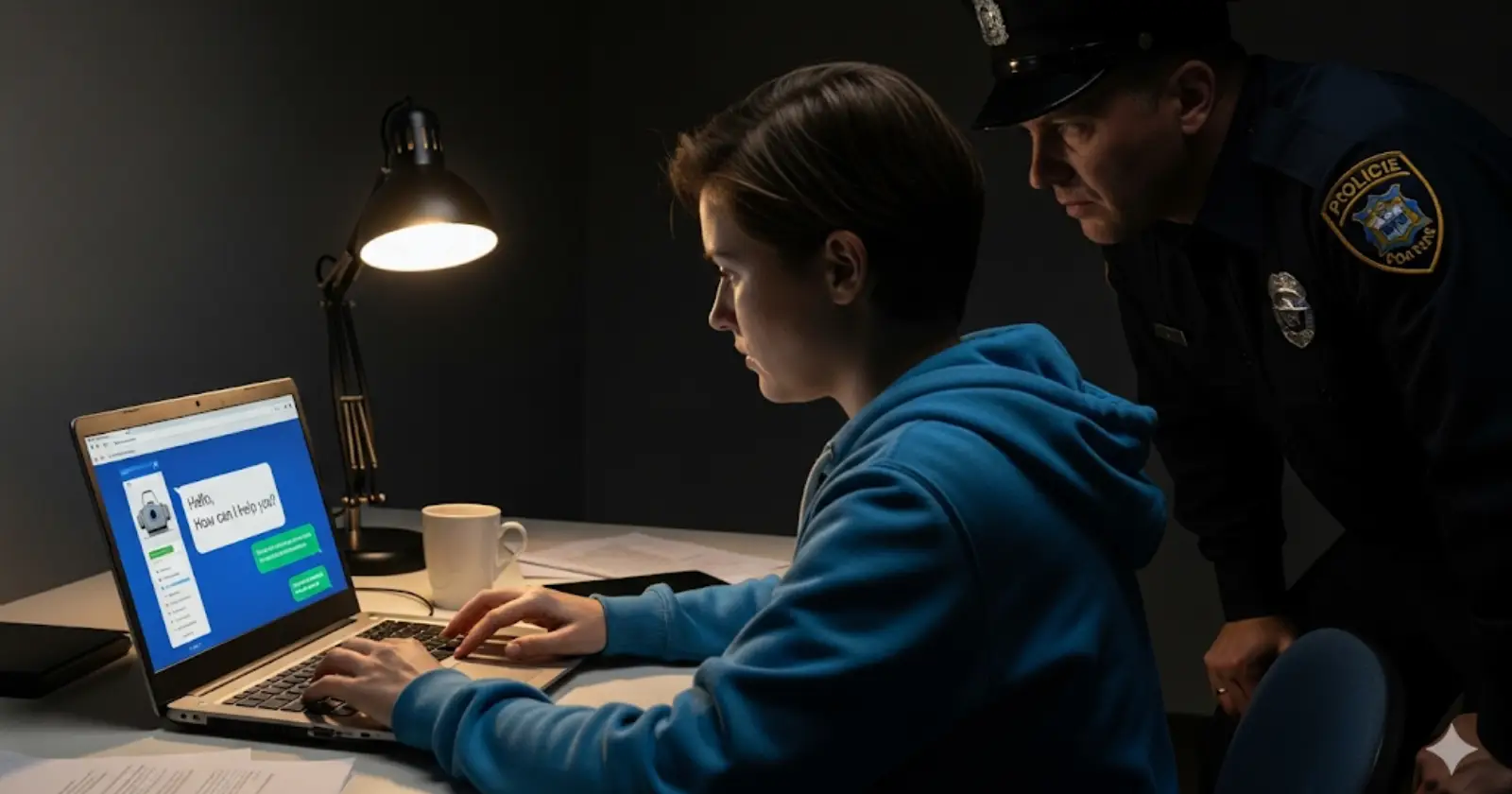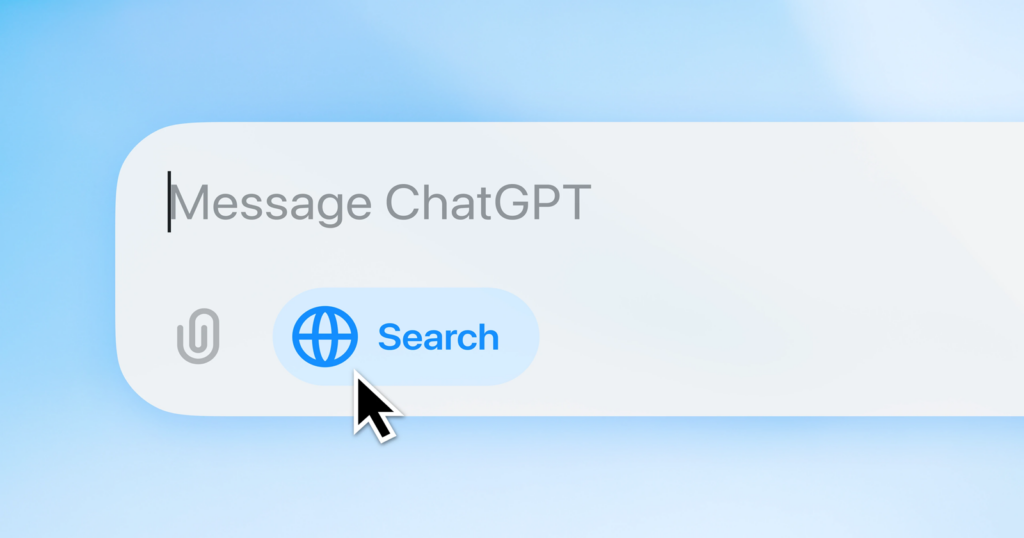Plenty of people treat AI chats like a quiet corner of the internet where tough thoughts can be worked through in peace, but OpenAI’s own leadership has been clear that those private vibes do not come with legal privilege or ironclad secrecy today. In other words, what feels like a personal diary is closer to a service account that can be pulled into real‑world processes if certain lines are crossed, especially when safety is at stake.
Here is what changed, and why it matters right now.
OpenAI disclosed that it is scanning conversations for content that suggests plans to harm others, routing those chats to a small team trained on its policies, and that team can ban accounts or, in cases judged to present an imminent threat of serious physical harm, refer the matter to law enforcement for follow-up.
The company also says it is not referring self‑harm cases to police at this time, citing the uniquely private nature of those interactions and the potential harms of wellness checks, though the chats may still be reviewed internally for safety interventions and policy enforcement. That mix of automated detection, human review, and possible police referral is framed as a safety measure, yet OpenAI has not published a detailed list of triggers or thresholds that would cause a chat to be escalated.
This leaves important gray areas for users who want to understand how their messages are being analyzed and acted upon.
For those unaware, OpenAI’s Sam Altman recently also made it clear that chats with an AI are not protected like conversations with a therapist, lawyer, or doctor, and could be produced in legal proceedings under current rules if a court compels it.
The company is also under fresh pressure to improve how ChatGPT handles tough moments, and it says it is adding crisis‑aware replies and other safety checks inside the app. That focus sharpened after the family of a 16‑year‑old who died by suicide sued the company, and OpenAI says it will add parental controls and surface emergency resources when chats show acute distress. Mental health professionals have noted that long, back‑and‑forth chats can sometimes make confusion or distress worse if the bot slips, which is why clearer guardrails and steadier responses matter.
Well then, how should you chat with AI bots? For starters, treat AI chats as something that could be reviewed in certain situations until the rules and product promises are clearer. Don’t share names, addresses, account numbers, passwords, or anything else that would sting if it slipped outside the chat. And if ChatGPT has been standing in for a therapist or lawyer, it’s worth hitting pause. Those professional privacy protections don’t apply here, so save truly sensitive topics for spaces that actually offer them.
Either way, you now have a clearer picture of what happens behind the scenes when you chat with artificial intelligence.
TechIssuesToday primarily focuses on publishing 'breaking' or 'exclusive' tech news. This means, we are usually the first news website on the whole Internet to highlight the topics we cover daily. So far, our stories have been picked up by many mainstream technology publications like The Verge, Macrumors, Forbes, etc. To know more, head here.



